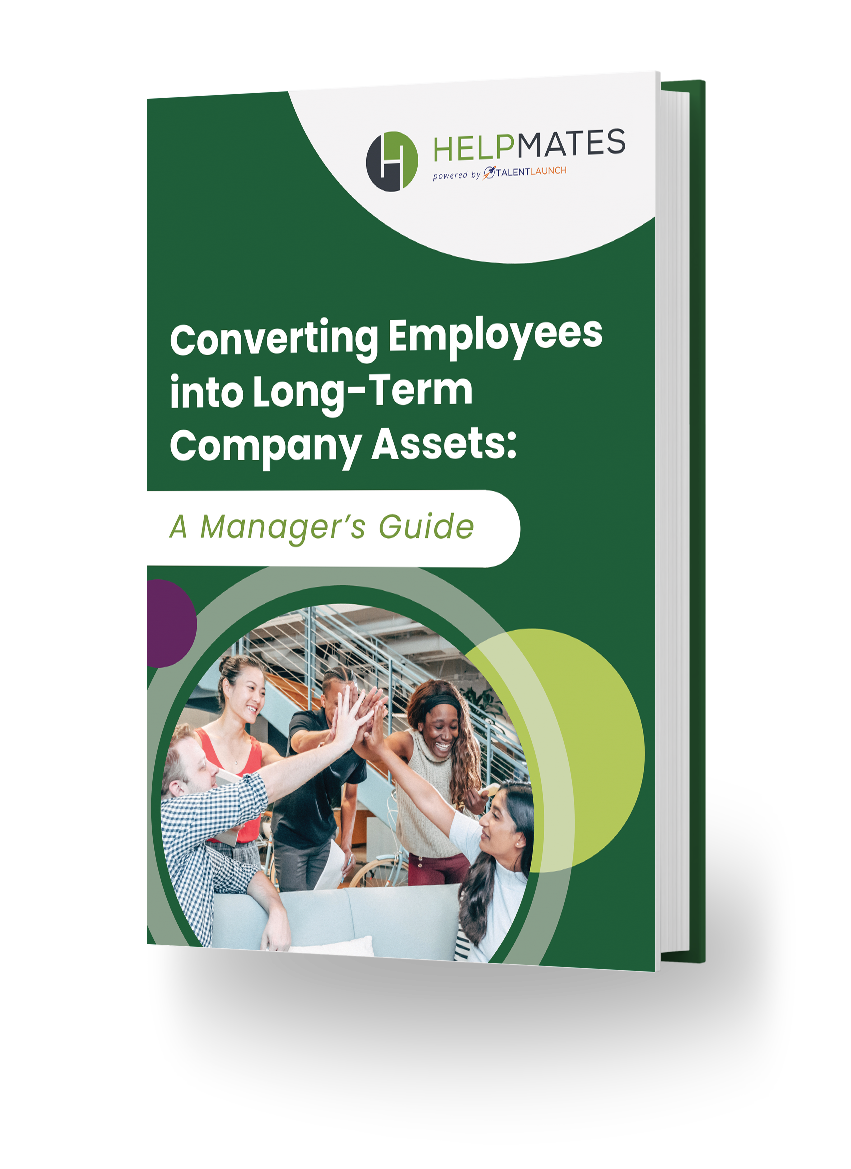What’s that old saying? “Life would be so much better except for the people”? Is that it? You’ve no doubt heard something similar. After all, as wonderful as people can be, they often … aren’t.
And this especially is true of employees. Or at least the ones who over and over and over again come to you, the human resources manager or representative, to complain about something.
Actually – and in defense of your employees – complaints to HR often aren’t given by the same one, two or handful of people. But complaints do come. Often and regularly. And if you work in HR yourself you know all too well how easy it is to become desensitized to employee complaints and concerns.
This worries you, of course: after all, many employee complaints are valid and should be looked into. But what happens if you’re stressed, you’re tired, it’s the end of the day, you’ve heard this complaint before, and on and on?
As we mentioned in a recent post on keeping the human touch in human resources, showing empathy when interacting with unhappy employees can go a long way to ensuring workers understand HR can be a true resource for them.
First, understand the different types of empathy
There basically are three: cognitive, emotional and compassionate.
- Cognitive empathy is when you’re able to interpret the persons’ feelings and thoughts, helping you figure out the best way to move forward. In a way, you’re able to see the other person’s perspective on the situation.
- Emotional empathy is when you feel the same emotions as the person. For example, let’s say someone you know is caught in a lie and you feel shame when you think about if you had been caught in a falsehood.
- Compassionate empathy is when you see someone go through pain and you experience the pain yourself. It’s different from emotional empathy in that it compels you to take action to help alleviate the person’s pain yourself.
When working as an HR professional, as tired as you may be, as often as you’ve heard these concerns (or similar ones), as short-tempered as the person speaking or writing to you may be, it’s important that you respond in a professional, calm and even empathetic way.
We know: it’s really hard to do so. And we want to help.
Some tips to help you maintain your empathy when it’s the last thing you want to do
- If you’re absolutely sure you won’t be able to handle. One. More. Complaint, ask a colleague to take over.
You may want to do so as you feel your fatigue rising before an employee comes to your office. You certainly may want to take your colleague aside privately when you ask him or her to do you this favor, especially if you need to step away from the employee to do so. The point is – if you’re definitely at your emotional limit – to see if you can ask someone who has more emotional bandwidth at the moment to listen to the employee.
- Take a deep breath after listening to the complaint before responding.
Also, the first thing you should say is to ask if you can reiterate what the person just told you so that you can be sure you understand the issue. Take your breath, ask and then when the person says yes (almost always), say words to the effect of “So what I’m hearing is…,” and then repeat the situation as you understand it.
If the person corrects you, restate it as you understand it until the person says you have it correctly.
- It’s OK to ask the person to slow down. It’s also OK to ask the person to stick to the facts and to stop with name calling, if applicable.
Nothing good comes from allowing someone to vent in a vitriolic manner. Quietly ask the person to stick to the facts. If the person is unable to, let him or know know gently that spewing is not helpful and that you’re happy to hear them out, but that they need to state facts, not venom. If the person is more upset than angry, you naturally will help him or her calm down.
- Aim to find the core issue and focus on that.
Once you appear to have heard the individual’s main beef, ask questions. How long has the issue been going on? What has happened as a result?
This is where you can really start trying out your empathy skills. When you repeat back what happened, you can add something along the lines of “I can imagine that when you heard Sara received the promotion that you’d worked so hard to earn yourself that you felt unappreciated, at the very least.”
- Ask the person what they’d like to see happen.
Obviously, if the person wants someone fired immediately, you need to state that that’s an inappropriate request. But no matter what the person wants, if it’s an issue that’s in HR’s sphere of interest, state that you’ll look into it.
And then, of course, make sure you do so.
Perhaps this one “reminder” can help
Whether you’ve worked in HR for a year or for decades, we know that you’ve heard employee complaints and concerns that are very similar to each other. Many times.
In other words, it’s old news to you. Been there. Done that. Bought the t-shirt and donated it to the thrift store long ago.
But remember: to the employee, it’s all brand new. Remember that as much as possible and you’ll more often than not show a true empathetic and human face to your company’s employees.
Hard-working people when YOU need them
Whether you need workers for long- or short-term assignments, call upon Helpmates to help you find and place them. Reach out to the recruiters at the Helpmates location nearest you to learn more.







